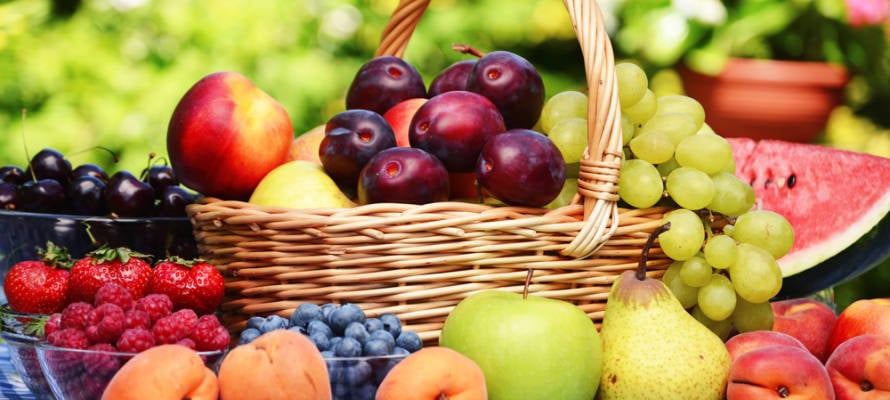Sensitivity and care for the less privileged is clearly demonstrated in this week’s Torah reading, which also underscores the message that G-d appreciates our efforts in performing His commandments.
By Rabbi Ari Enkin
This week’s Torah portion is Ki Tavo (Deuteronomy 26:1-29:8), and in it we read about the ceremony of the offering of the “First Fruits.”
A farmer was required to bring his first fruits (from the seven celebrated fruits of the Land of Israel) to the Holy Temple in Jerusalem. He would give them to the Kohen, the priest, and recite a special declaration.
The Talmud speaks about this ceremony in great detail. There would be a great procession and festivities when the First Fruits were offered. As the Torah says, “And the Kohen will take the vessel from your hand and leave it before the altar of the Lord your G-d.”
The commentaries put much emphasis on “the vessel” and it is discussed in great length. We are told that the “vessel” of the wealthy would usually be made of silver or gold. The vessels of the poor, however, consisted of wicker baskets and the like.
Now here’s the shocker: The vessels that were brought by the poor were kept by the priests; they were not returned. The expensive vessels of the rich, however, were returned to them.
This seems to be unfair. The poor need their baskets and vessels more than the rich people do. A rich person can go ahead and purchase a new basket, something that might not be possible for one who is poor. Should it not be the reverse?
It is explained that the reason why the priests did not return the baskets to the poor people was “in order to bring more merit to them.” How so? Think about it: There was one major difference between the baskets of the rich and the baskets of the poor.
How does the poor person get a basket? He makes it! He collects the reeds by hand and manually weaves them into a basket. As such, not only are the First Fruits the works of his hands, but also the basket that he uses in order to fulfill the mitzvah (commandment) of offering the First Fruits is the work of his hands! The basket becomes an integral part of the mitzvah!
On the other hand, the rich person simply walks into a fancy store, pulls out his cash and buys any gold or silver tray he wants. He does not put the same love and care into his basket that a poor person does!
As such, not getting the basket back is actually a privilege and an honor for the poor person. It shows that even the basket is appreciated. The message is clear: God enjoys the personal effort we put into the performance of mitzvot, even if it’s not part of the actual mitzvah. What we do to beautify the performance of mitzvot is in itself a mitzvah.
By: Ari Enkin, rabbinic director, United with Israel
For more insights by Rabbi Ari Enkin on this week’s Torah portion, click on the links below:
https://unitedwithisrael.org/the-first-fruits-and-the-essence-of-judaism/
https://unitedwithisrael.org/living-torah-being-happy/
https://unitedwithisrael.org/living-torah-the-chosen-people-2/
https://unitedwithisrael.org/living-torah-the-chosen-people/
Do You Love Israel? Make a Donation - Show Your Support!
Donate to vital charities that help protect Israeli citizens and inspire millions around the world to support Israel too!
Now more than ever, Israel needs your help to fight and win the war -- including on the battlefield of public opinion.
Antisemitism, anti-Israel bias and boycotts are out of control. Israel's enemies are inciting terror and violence against innocent Israelis and Jews around the world. Help us fight back!























